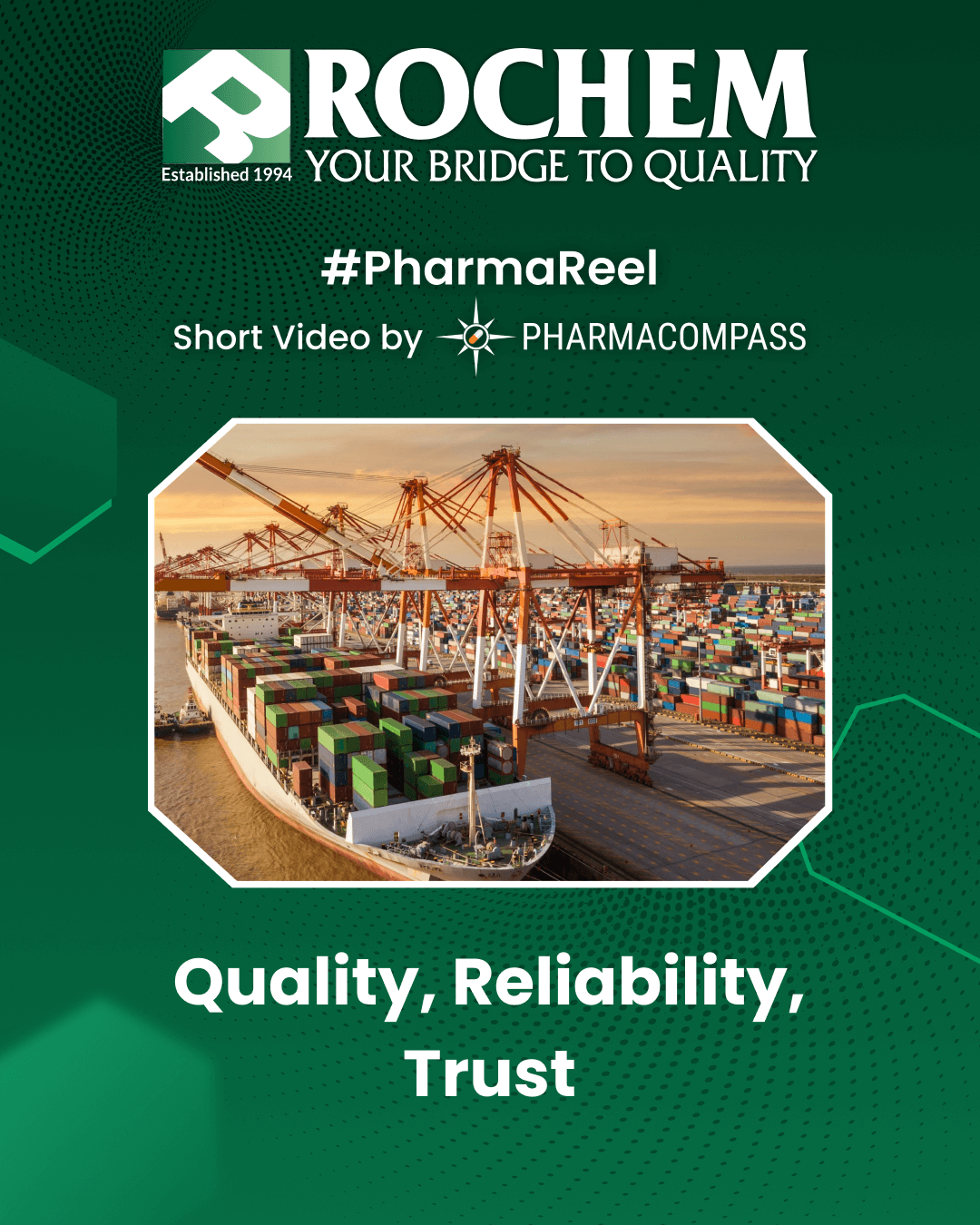
In the first of our Speak Pharma series, we interview Barbara Unger, President of Unger Consulting about how pharma companies can improve regulatory compliance by taking proactive steps, such as going in for a comprehensive GMP Intelligence Program. Excerpts:
In your view, why is there an increase in regulatory action against Indian and Chinese pharma companies? Have the compliance standards increased? Or are companies becoming lackadaisical?
The US Food and Drug Administration (FDA) has transitioned its Good Manufacturing Practices (GMP) inspections of API (active pharmaceutical ingredient) and dosage form manufacturers to countries that more accurately reflect the countries that supply APIs and dosage forms to the United States. In the past, the frequency of FDA inspections in India and China was far more limited than it is now.
I don’t see compliance standards being raised. Nor have new interpretations of GMP been implemented.
If you look at the warning letters issued to sites in India and China, the same deficiencies have been identified in the warning letters for the past 15 years, regardless of geography, particularly those in the areas of data management, data integrity and contamination and cross-contamination.
- Can you share an example where regulatory action, similar to what is being seen in Asia, was taken in the United States?
Some of the earliest enforcement actions in the area of data integrity were taken against firms in the US, back in 1999 through the mid-2000s. The ‘landmark’ Form 483 issued to Able Laboratories, an American firm, in 2005 highlighted the importance of reviewing audit trails and problematic submission of false information to the FDA. They were also cited for submission of false information to the FDA in either applications or periodic updates.
I don’t think firms have become lackadaisical, they are just seeing an increased FDA focus that is commensurate with the locations that supply most of the drugs, including APIs, sold in the US.
- What are some of the steps companies need to undertake in order to improve compliance?
First, I would suggest firms understand the intent and interpretation of regulations and guidance (or equivalent for countries outside the US) published by the regulatory authorities for their intended markets.
Second, pharma companies should attend industry meetings such as those sponsored by PDA (Parenteral Drug Association), DIA (The Drug Information Association) and ISPE (International Society for Pharmaceutical Engineering) and join local chapters of these organizations. This is a valuable way to hear directly from regulators and to meet colleagues with who you can benchmark.
Third, learn from the mistakes of others. The FDA is uniquely transparent with enforcement actions, so it is important to track the content of Form 483s and warning letters. Don’t wait for a regulatory authority to find your deficiencies. Learn from the mistakes of other drug makers and bring about systemic changes where required.
It’s far more economical to identify and correct shortcomings internally than wait for the FDA, or European inspectors or others, to take regulatory action. It’s also less disruptive and less expensive for the business than hiring a large group of consultants after an inspection to assist with remediation in the hope of preventing additional official action.
The information needed to identify what the FDA considers problematic in the area of data management and data integrity has been publicly available for many years.
- What are some of the common mistakes companies make during an inspection?
The best advice I can give on how to effectively manage inspections is to truly understand your systems and processes, be honest and transparent, speak with confidence, and have data to justify your decisions and actions.
Problems occur when the FDA feels data is being delayed or withheld, or the firm is not being honest when questioned. Establishing and maintaining trust of regulatory authorities is essential.
They fully understand that mistakes and deviations occur. But the regulators should have faith that the company will ‘do the right thing’ in response to the events and will not cover up failures or problems.
- During your stint as director, corporate quality compliance at Amgen, you developed, implemented and maintained a comprehensive GMP Intelligence Program. Could you share some of its features?
The GMP Intelligence Program was initially established to ensure that Amgen was aware of all new and revised laws, directives, regulations, guidelines and guidance from the FDA, EMA and Health Canada.
When draft and final versions of these documents were published, I provided analysis and identified the ‘new’ features of the publication and areas where the company might need to consider changes.
Shortly, thereafter, we expanded the effort to address enforcement actions taken in the pharmaceutical industry, including analysis and publication of publicly available Form 483s, warning letters and other enforcement actions.
Time-sensitive information such as new agency requirements or important enforcement actions was distributed immediately to an appropriate subset of subscribers, always including senior operations and quality management.
- How do large pharma companies, like Amgen, benefit from a GMP Intelligence Program?
A key value of such a program is the analysis and identification of changes in agency focus and practices and identification of areas where a company might need to focus. Doing this requires a detailed historical knowledge of agency policies and practices.
This becomes a true knowledge management program because it provides both original documentation, analysis and insight into the areas one covers and the content is searchable from within the Corporate Knowledge Management Program.
For Amgen, some of the benefits of the program were:
- After the program was implemented, we were never ‘surprised’ by a regulator who identified a new requirement. We were already aware of the new requirement.
- GMP audit staff, both corporate and site, were up to date on both new and pending revisions of requirements. Equally important, they were aware of details in current enforcement actions and trends. Thus, internal audits could effectively address areas which the regulatory agencies were focusing on.
- Quality System sub-process owners were aware of both requirements and enforcement actions being taken in areas for which they had responsibility. They could use this information to identify and support continuous improvement activities.
- The program and communications provided ongoing awareness and educated the staff about regulatory agency GMP requirements that applied to our business. It served as an ongoing, though unofficial, GMP training.
- Deficiencies identified in warning letters were included in a database and were searchable by keyword. For example, an engineer designing a water system for a new facility could easily search and identify deficiencies that the FDA cited at other firms regarding water systems.
Unger Consulting currently maintains a free-text searchable database of publicly available FDA warning letters, FDA Form 483s and EU summary reports of GMP non-compliance from 2008-2014. The ‘Store’ function on the website offers collections that have been prepared for common searches such as environmental monitoring, aseptic processing, data integrity, validation(s), and equipment calibration and maintenance.
(The 2015 FDA warning letter deficiencies in the area of data integrity and the EU summary reports of non-compliance in the same area are provided free of charge. Click here for GMP warning letters issues in 2015 and here for EU non-compliance summary reports.)
- In addition to your free-text, searchable database of FDA warning letters, what other services are you offering at Unger Consulting?
I provide consulting services in the area of GMP Quality. This includes both GMP auditing and remediation services including the area of data management / data integrity. My professional background has primarily been in the area of biotechnology products, though I also have experience in auditing synthetic drug APIs and dosage forms.
The PharmaCompass Newsletter – Sign Up, Stay Ahead
Feedback, help us to improve. Click here
Image Credit : Open innovation: The new bright idea by opensource.com is licensed under CC BY 2.0
“ The article is based on the information available in public and which the author believes to be true. The author is not disseminating any information, which the author believes or knows, is confidential or in conflict with the privacy of any person. The views expressed or information supplied through this article is mere opinion and observation of the author. The author does not intend to defame, insult or, cause loss or damage to anyone, in any manner, through this article.”






